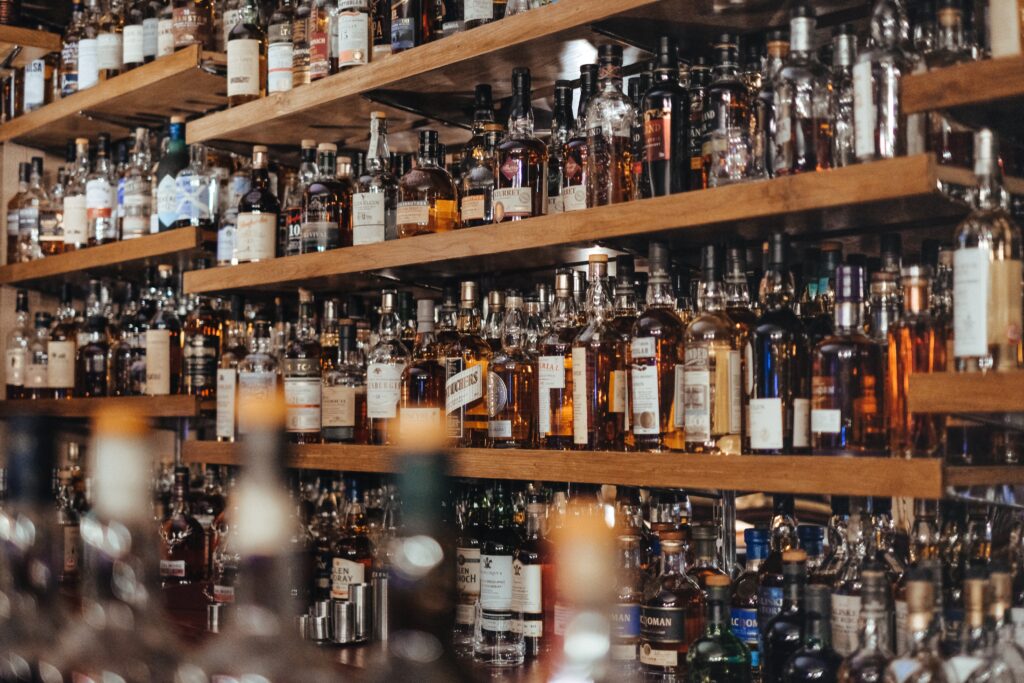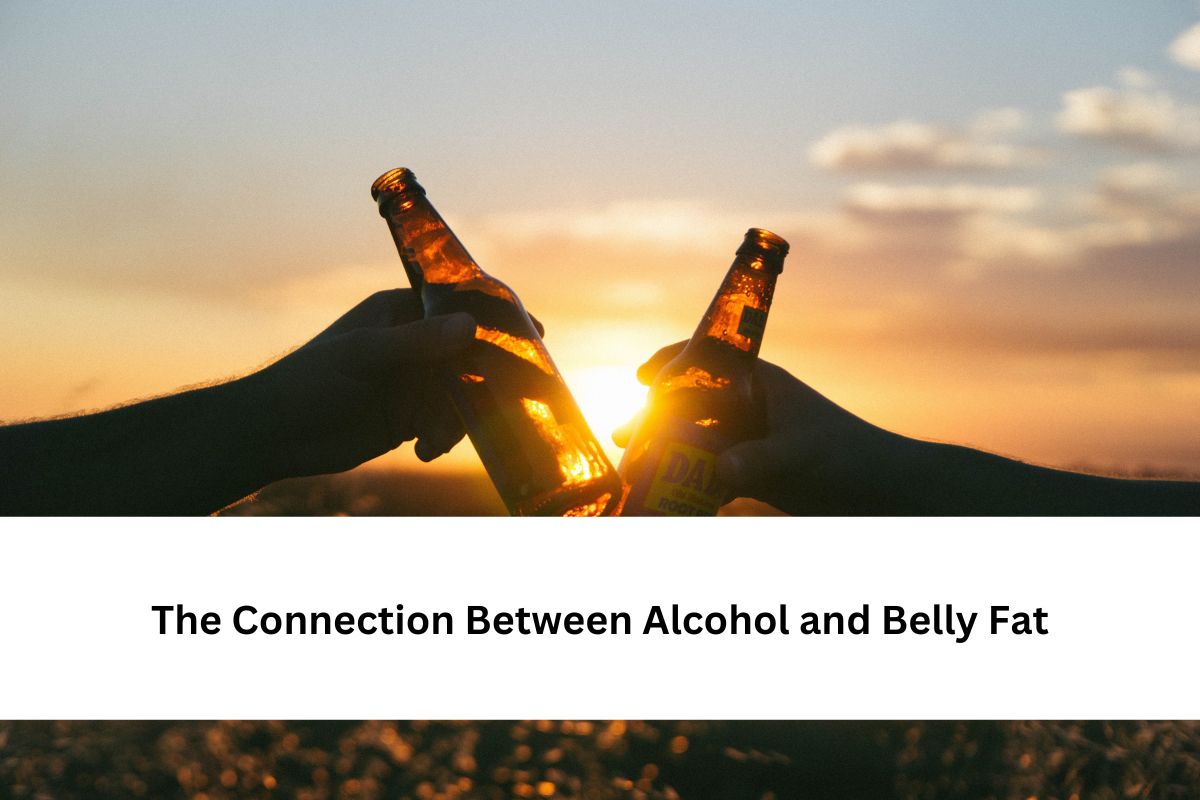Abdominal fat is a major health risk in today’s environment, making the fight against obesity all the more important. Besides the obvious cosmetic consequences, it has been connected to systemic disorders including diabetes and metabolic syndrome. There are several causes of belly obesity, but alcohol use is frequently disregarded. This essay will explore the complex connection between alcohol and belly fat, illuminating the effects of our favorite vice on our waistlines.
Understanding Abdominal Fat
Let’s define abdominal fat before we go into the correlation. There are two main types of abdominal fat: subcutaneous and visceral. Visceral fat surrounds internal organs and is found in the abdominal cavity, while subcutaneous fat is closer to the surface of the skin. The dangers of excess fat are greatest in the abdominal area, where it can cause inflammation, hormonal imbalances, and insulin resistance.
Alcohol and Its Effects on the Body
When we drink alcohol, our systems metabolize it more quickly than other nutrients. Though alcohol itself does not convert into fat, drinking greatly reduces the pace at which the body processes fats and carbs, resulting in the storage of extra calories. The seemingly innocuous beverages may easily build up, as each gram of alcohol has 7 calories. In addition, when you’re drunk, you tend to make bad food choices and overeat, both of which contribute to your weight gain.
Effects of Alcohol on Belly Fat
Excessive alcohol use has been linked to increased belly fat in a number of studies. Alcohol’s ability to boost levels of the stress hormone cortisol is one explanation for this phenomenon. Increased levels of cortisol promote fat accumulation, especially in the abdominal region. In addition, alcohol use can cause insulin resistance and fat storage by decreasing sensitivity to insulin.
Relationship-Affecting Factors
There is undeniable evidence linking alcohol consumption to belly obesity, but other variables also play a part. How our bodies react to alcohol is influenced by genetics, gender, and overall lifestyle. The iconic “beer belly” is an indicator of how alcohol’s effects combined with the high-calorie content of certain beers may lead to abdominal obesity.

Strategies for Moderation and Controlling Belly Fat
Moderation is the key to controlling belly obesity. While it’s not essential to give up alcohol totally, moderation is key. Choose alcoholic drinks that are lower in calories and restrict your intake. In addition, any plan to get rid of belly fat should involve eating a healthy, balanced diet high in whole foods, doing regular exercise, and learning to deal with stress effectively.
Case studies and actual achievements
Making educated decisions regarding alcohol intake has helped many people effectively combat belly obesity. Sarah, a 38-year-old marketing professional, lost weight by limiting her alcohol use and eating more nutrient-dense meals. Once I started paying attention, I realized how much alcohol was to blame for my weight gain. She now claims that it has completely altered her life.
Seeking the Opinion of Experts
Talk to your doctor before making any drastic changes to your food or drinking habits. You may get specific advice tailored to your health status and desired outcomes from these professionals.
Conclusion
Recognizing the effects of alcohol on abdominal fat is crucial in the pursuit of a smaller waistline and better health. Alcohol can be enjoyed in moderation, but it’s important to remember that it has physiological repercussions. You may lose that extra belly fat and start living a healthier, more fulfilling life by making educated decisions, achieving balance, and adopting a holistic approach to health.
FAQ’s
FAQ 1: Does alcohol cause abdominal fat?
Excessive alcohol intake might indirectly cause belly fat accumulation. Alcohol inhibits fat and carb metabolism, causing calorie storage. Alcohol also disrupts hormonal balance, notably cortisol levels, which can cause belly fat accumulation. Alcohol’s metabolic and hormonal impacts on belly fat must be considered.
FAQ 2: Can I drink without acquiring belly fat?
You can drink without gaining abdominal fat. Moderation matters. Choose low-calorie booze and watch your portions. Alcohol limitations can prevent overindulgence. While drinking sometimes, a balanced diet of good foods, regular exercise, and stress management are vital to reducing belly fat growth.
FAQ 3: How long does alcohol reduction affect belly fat?
Genetics, lifestyle, and health affect abdominal fat change timing. However, regular efforts may provide results within weeks to months. Healthy food, exercise, and alcohol management are needed to reduce belly fat. Consistency and patience yield enduring effects.






